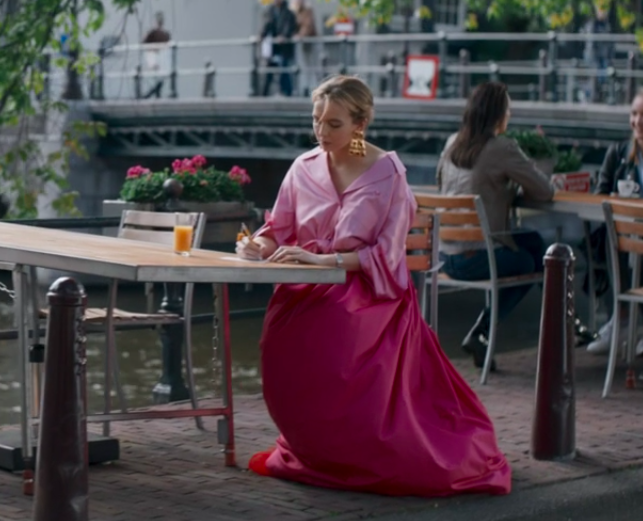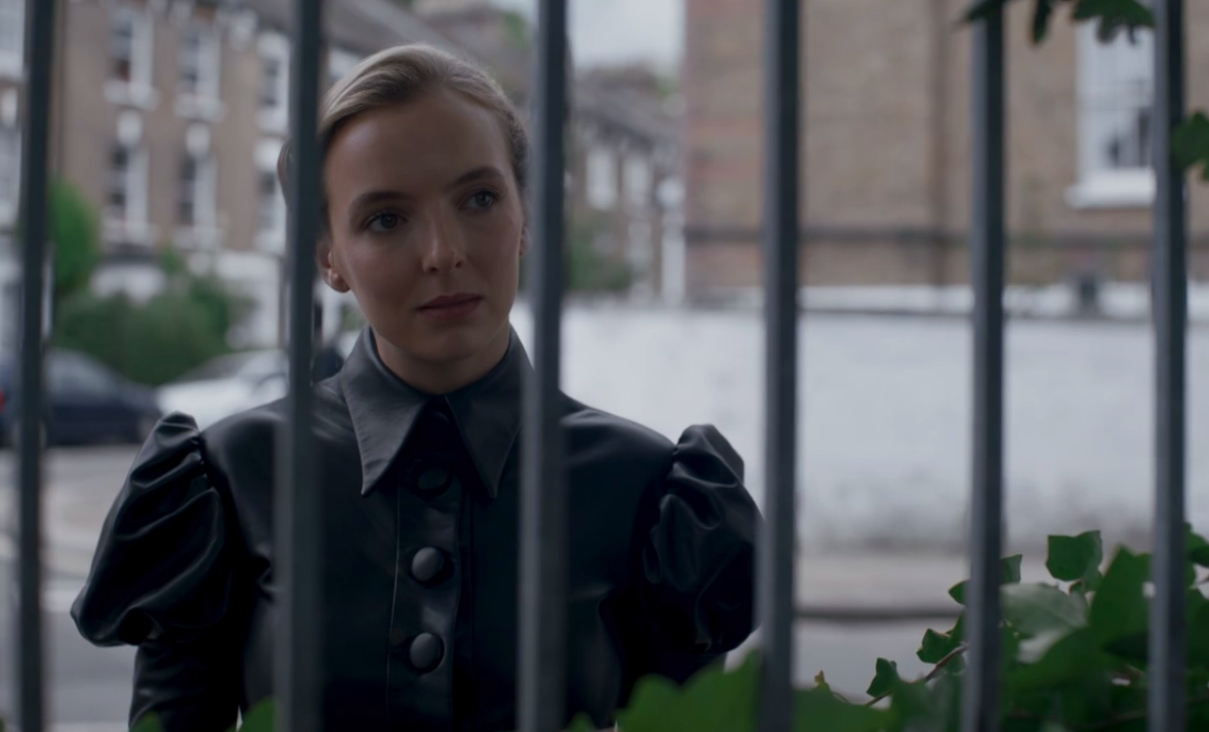Watching the Taylor Swift Documentary and Making It About Me
The central theme of Taylor Swift’s documentary, Miss Americana, is, as I understand it, becoming unmuzzled. Say what you will about Taylor Swift, I certainly have, but the film successfully tackles what some would consider to be a universal female experience. Taylor grapples with her relationship to her past self, her people-pleasing self conditioned to respond to praise and adoration. It was refreshing for me, as someone that grew up with Taylor’s career as an inescapable marker of time, to finally hear her admit to what many of us were thinking. She needed, almost pathologically, to be liked, praised, and seen as good. She says early in the film, “My entire moral code as a kid and now is a need to be thought of as good.”
What struck me was the honesty with which Taylor says she felt the need to be good not for goodness sake, but to be seen as good, to have people believe she was good. The climax of the film is, of course, Taylor stepping out and taking a political stance and for the first time, choosing to be “unmuzzled” in support of women’s rights. This shift was dramatic for Taylor because it came after years of personal silence to protect her image.
In February I had the privilege of seeing Amber Tamblyn and America Ferreira in conversation at The Wing in West Hollywood to discuss Amber’s book, Era of Ignition, which was released last year. Era of Ignition is the continuation of Amber Tamblyn’s unmuzzling since she has been an outspoken activist women’s rights advocate for years now. When asked about her age in regards to the subtitle Coming of Age in a Time of Rage and Revolution, Tamblyn said that her late 20s into her 30s was the time during which she emerged apart from her career as an actor. She spoke to the experience of being an object in the industry and choosing to step out and achieve her potential after years of feeling silenced and repressed. This didn’t happen in her early 20s or even her late 20s, it happened in her 30s.
I’m so young. I think about that all the time. Often I laugh at how old I feel. I feel 17 and completely unprepared for life in just about every way. But also, in other ways, I feel like I have lived too long and seen too much. I do think I have a lot to say and a lot of experiences to share for someone who is essentially toddling aimlessly through life. Sometimes I feel like Boss Baby, but most of the time I feel like just a regular baby. This blog has laid dormant specifically because it is a Blog. A blog is essentially a public dairy. I have written and withheld many incomplete, rambling entries that are simply about blogging and how I’m uncomfortable doing it. I’m not particularly embarrassed about writing about myself. More-so, I am deeply concerned that I will write something now that I will disagree with and be embarrassed by years down the line.
The truth is, I have nothing to write about on this blog that isn’t somewhat intimate and potentially embarrassing. I love being honest. I treasure radical honesty and vulnerability from others. I found myself and my confidence through reading Rookie Magazine, may she rest in peace, and being endlessly inspired by Tavi Gevinson’s honesty and emotional vulnerability. People often tell me I’m an open book which I resent because, of course, I would prefer to have people believe I carry an air of sexy mystery. That’s simply not my reality. Despite having a big, loud mouth I often feel like I have left things unsaid. I love to share my most flippant thoughts as soon as they pass through my brain, but when it comes to my more intimate experiences, beliefs, and feelings, I find it hard to put the words down on the page.
You may be asking how I managed to make a Taylor Swift documentary and an Amber Tamblyn book talk about me. My answer is that, as a white woman, it is very easy for me to make everything about me. Then again, I think I might be the target audience for both the doc and the book. It makes sense that they would stimulate something in me. I don’t feel muzzled by society. Sure, I often feel that people, specifically older men, don’t take me seriously. But being underestimated by men (or seen as a semi-sentient fuck-hole) makes me roll my eyes more than it hurts my feelings. I’m not after the favor of any old men, I don’t need to win them over. Like Taylor and Amber, I think the only thing standing in my way is myself and my discomfort with the truths of my own life. The minute I say something I feel or have experienced it will become real, and I will be imprisoned to it. I won't be able to lie to myself.
Here is the ugly truth: I feel like I’m violently spinning and flailing in the vast emptiness. 2019 was brutal and 2020 hasn’t improved for me or seemingly anyone. I am desperate to write. I have to write and I have to post or I will simply disappear like Tinker Bell when no one believes in her. I don’t think I pathologically need to be liked so much as I need to be seen. I hope to not be this way one day. I hope to go offline and live in Santa Fe with my dogs, painting and reading Joan Didion until I quietly pass away. But I guess, before I do that, I have to write a fucking blog.



